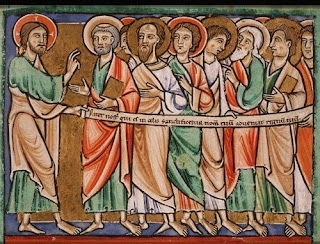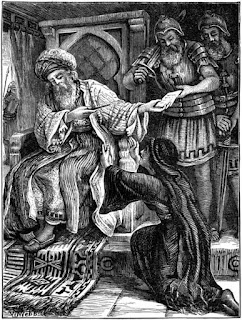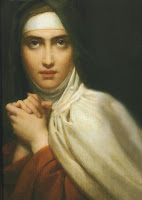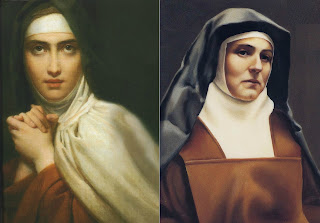Reflection: Considering The Lord’s Prayer

Christ teaching the Lord's Prayer , unknown artist, c. 1200. Father Thomas Mattison To properly engage in a consideration of The Lord’s Prayer we need to consider, first of all, the Lord’s praying. And pray he did! He said grace before meals, he attended the Temple in Jerusalem, followed the liturgical year of his religion, was in the synagogue each weekend and he prayed personally and privately. Indeed, it was because they saw him praying that the disciples asked him to teach them to pray. What was Jesus’ prayer like? … [It is important to] … notice the results of His prayer. After all, this is what the disciples would have noticed when He finished praying. Two examples will suffice. The first occurs early in His public career. After a whole day spent doing healings in Capernaum, Jesus goes to sleep and rises early to go out of town to pray. When His apostles come looking for Him because there are more sick people to be cured, He refuses. I must go into other places t




